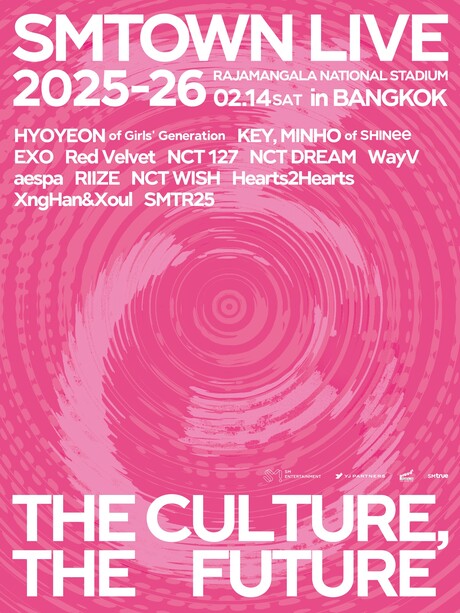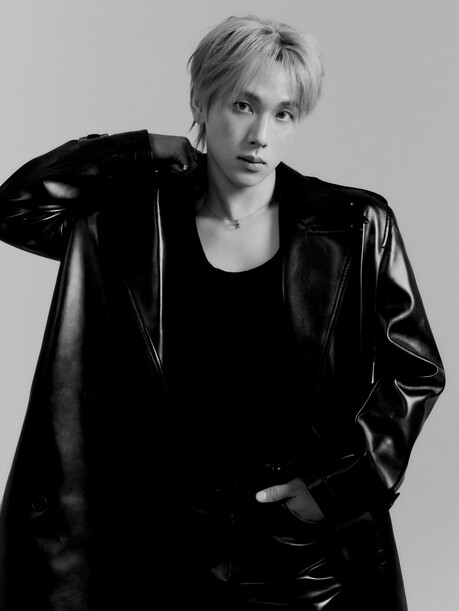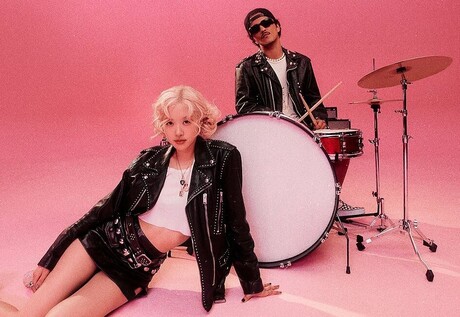An Israeli photographer has broken his silence amid a heated controversy surrounding a counter-exhibition organized by Louis Aliot during the prestigious Visa pour l'Image photojournalism festival. The dispute has cast a shadow over one of the world's most important photography festivals, raising questions about artistic freedom and political influence in visual journalism.
The controversy erupted when Aliot, a prominent political figure, organized what critics are calling a politically motivated counter-exhibition that directly challenges the festival's traditional programming. The Israeli photographer, whose work has become the focal point of the debate, found himself thrust into an international spotlight as tensions escalated between festival organizers, political figures, and the photography community.
Visa pour l'Image, held annually in Perpignan, France, is renowned for showcasing the world's most compelling photojournalism and documentary photography. The festival has historically maintained its independence from political interference, making this year's controversy particularly significant for the international photography community. The event typically attracts thousands of visitors, including journalists, photographers, and industry professionals from around the globe.
The photographer's testimony comes at a critical moment when the boundaries between art, journalism, and politics are increasingly blurred in contemporary visual culture. His account provides insight into the pressures faced by photojournalists working in politically sensitive contexts and highlights the ongoing challenges of presenting Middle Eastern perspectives in European cultural forums.
The counter-exhibition organized by Aliot has sparked intense debate about curatorial independence and the role of political figures in shaping cultural narratives. Critics argue that such interventions threaten the integrity of artistic expression, while supporters claim they provide necessary alternative viewpoints often overlooked by mainstream cultural institutions.
As the festival continues, the controversy has become a defining moment that may influence how future editions handle politically sensitive content and external pressures. The photographer's decision to speak publicly about his experience adds a personal dimension to what has become a broader discussion about the intersection of politics, art, and media representation in contemporary Europe.





























